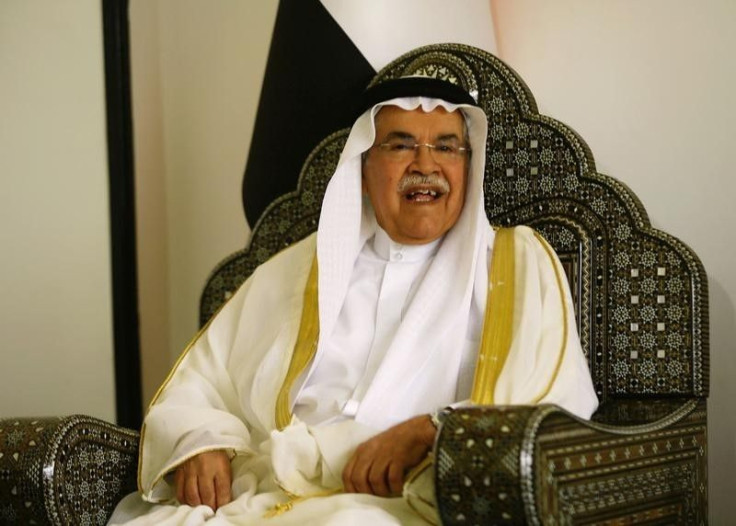Saudi Arabia Fires Ali Al-Naimi, Hires Khalid Al-Falih As Oil Minister

Saudi Arabia, the world’s largest crude oil exporter, Saturday appointed Khalid Al-Falih, chairman of the state oil giant Saudi Aramco, as its new energy minister, replacing Ali Al-Naimi, who had held the post since 1995. A royal decree quoted on state television said the petroleum ministry had been renamed to become the Ministry of Energy, Industry and Mineral Resources and that Al-Falih would give up his other post, that of health minister.
Riyadh in 2014 introduced a new oil strategy aimed at defending its market share and allowing cheap crude to balance the market without cutting supplies, regardless of how low oil prices might fall.
Al-Falih’s appointment is only likely to strengthen this strategy rather than lead to any change in thinking, Saudi watchers and analysts say.
“The appointment of Al-Falih has been expected for some time,” said Saddad al-Hosseini, a Saudi energy consultant. “He has the right industrial and executive experience to lead the reorganization of the energy and electricity sectors.”
Al-Falih has for years been considered a possible successor to Al-Naimi, who also stepped up to oil minister after heading Aramco.
After graduating with a degree in mechanical engineering from Texas A&M University in 1982, Al-Falih has spent more than 30 years at Aramco, where he was CEO from 2009 to last year, when he was named chairman. He is one of a handful of Saudi figures whose views are closely watched by traders and analysts for any insight into the kingdom’s oil thinking.
Al-Naimi, who turned 80 in August, began his career in oil at the age of 12 as an office boy at Aramco, and ends it as one of the country’s highest-ranking nonroyals. He becomes an adviser at the Royal Court, the decree said.
Al-Naimi has always attempted to use Saudi financial muscle and oil supply scale to drive out higher-cost producers or rivals during oil market downturns. He did so while helping to steer OPEC through a minefield of instability provided by the political travails of several member countries, including wars involving Iraq and Libya, as well as sanctions on Riyadh’s main strategic rival, Iran.
© Copyright Thomson Reuters 2024. All rights reserved.




















